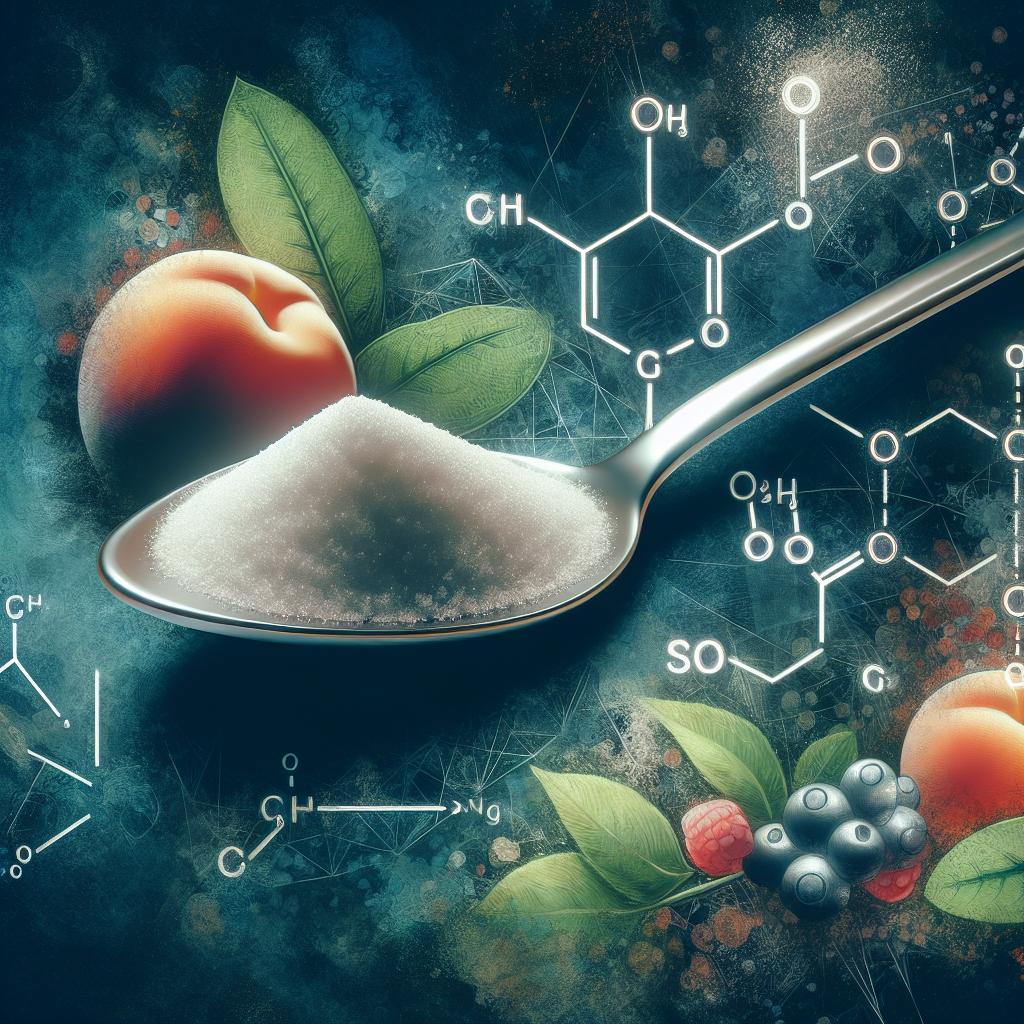Hidden Dangers: Sucralose's Impact on Cancer Treatment and Misjudged Prostate Tumor Risks
Research has revealed that high consumption of the artificial sweetener sucralose affects immunotherapy effectiveness in cancer patients and alters gut microbiomes. Meanwhile, separate findings indicate that low-grade prostate tumors may not be low-risk, challenging current non-treatment guidelines. These studies highlight crucial nuances in cancer treatment and patient management.

New research published in Cancer Discovery has found that consuming large quantities of the artificial sweetener sucralose can significantly diminish the effectiveness of immunotherapy in patients with melanoma and non-small cell lung cancer. The study revealed that high levels of sucralose correlate with reduced treatment efficacy.
In experiments, scientists observed that sucralose altered the gut microbiome in mice, increasing bacteria that degrade arginine - vital for T cell function - thus impairing the immune response. Researchers are exploring arginine supplementation as a potential solution to counteract these negative effects in humans.
In another study published in JAMA Oncology, researchers warn that so-called low-grade prostate tumors may carry substantial risk, contradicting current monitoring guidelines. Their findings suggest that many low-grade diagnoses could indeed mask more aggressive cancers, emphasizing the need for more thorough patient assessment.
(With inputs from agencies.)
- READ MORE ON:
- sucralose
- cancer
- immunotherapy
- prostate
- tumor
- research
- microbiome
- argentine
- therapy
- risk
ALSO READ
USDA Halts Foreign Research Contracts Amid Security Concerns
New Molecular Science Hub Launched to Empower Future SA Researchers
Viceroy Research vs Vedanta: Allegations of Sham Operations Surface
EPA Shake-Up: Research Arm Scrapped, Workforce Slashed
Bridging Tradition and Science: Yoga and Naturopathy Research Center Launched










